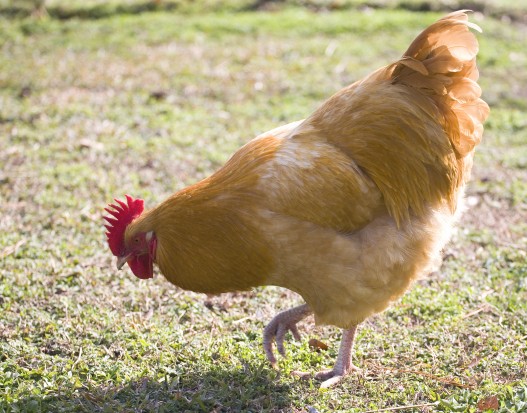
Due to the famous adage "you can't teach old dog new tricks", it is not unusual if you will come across some people who believe that with older weimaraners, it is impossible to achieve successful weimaraner training. Yes, it can be difficult and complicated at times but not impossible. Dogs, regardless of age, are capable of learning provided that training activities are programmed or designed to suit their age and condition.
The weimaraner is a highly athletic and trainable breed valued for their physical endurance and stamina hence the need to train them as early as possible to prevent problems from occurring. However, if you adopted an adult dog from the shelter or inherited one from a friend or family member, there is no need to worry about this pet's behavior since there are various ways you may want to consider in order to have a well-behaved adult weimaraner.
Before utilizing any training technique, it would be best to find out more about that particular dog's background first. Is he potty trained? Does he responds well to obedience commands? Is he scared of a particular thing or showing signs of aggression? What is the reason his previous owner abandoned him? These are examples of the questions you need to ask in order to assess your dog's condition, ability to learn and training techniques that would suit him best.
Know that training a healthy young dog is different from training an adult dog that is probably affected by health issues caused by old age. Slowing down, having pains during movement, cannot climb the stairs and getting tired easily are some of the things you need to consider before deciding what weimaraner training method to utilize.
With an older weimaraner, training that involves hard work and strenuous activities must be avoided as much as possible. Running and walking, jumping, retrieving, obstacle course and the likes should be done in short periods of time, if you cannot totally avoid. Instead of 15 to 20-minute session, lessen it to 5 to 10 minutes per session. If you used to throw a ball twenty times to your young dog, make it three or five throws only with your old dog. Recovery period between sessions should be longer too.
Just like with young dogs, using treat is also beneficial during weimaraner training. However, giving of treat must be regulated so as to prevent weight problems since old dogs with less active lifestyle gain weight easily and shed weight slowly thus increases the risk of obesity. To reward them, lots of praise and time to play should be utilized instead.
Another thing you need to consider is your pet's hearing condition. Sometimes, a dog is not obeying commands simply because he cannot hear, not because he is being stubborn.
Successful training is not impossible to achieve and there are people who can attest to that. You just have to understand and consider your pet's condition to determine whether or not that particular activity or strategy would be helpful in helping you raise a well-behaved older dog with wide-set eyes.
Jan Gould loves to write articles especially about the topics she loves, weimaraner and weimaraner training. For more information about the breed, visit her site filled with tips on how to achieve successful weimaraner training.
 Extraordinary Colours & Characteristics Of The Arabian Horse
Extraordinary Col
Extraordinary Colours & Characteristics Of The Arabian Horse
Extraordinary Col
 Addiction Pet Food And Its Storage Options
Addiction Pet Food And Its Storage Options
Raw
Addiction Pet Food And Its Storage Options
Addiction Pet Food And Its Storage Options
Raw
 Ten Ways In Which Canine Diet May Affect Behaviour
Ten Ways In Which
Ten Ways In Which Canine Diet May Affect Behaviour
Ten Ways In Which
 Where Is The Best Place To Buy A New Pet?
Where Is The Best
Where Is The Best Place To Buy A New Pet?
Where Is The Best
 Leg Problems And Lameness In Chickens
Leg Problems And
Leg Problems And Lameness In Chickens
Leg Problems And
Copyright © 2005-2016 Pet Information All Rights Reserved
Contact us: www162date@outlook.com